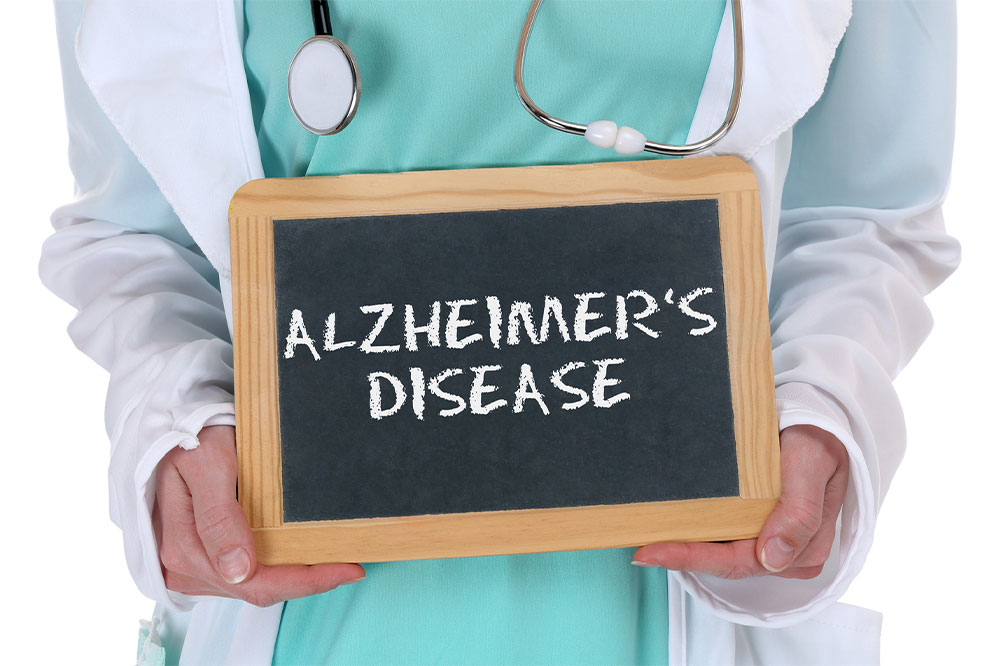Early Warning Signs of Alzheimer's Disease You Should Never Ignore
Early detection of Alzheimer’s disease is critical for effective management. Recognizing subtle signs such as memory lapses, difficulty with routine tasks, language problems, spatial disorientation, behavioral changes, and impaired judgment can lead to timely diagnosis and intervention. This comprehensive guide helps caregivers and individuals identify these early warning signs to improve quality of life and prepare for future care needs.

Identifying the First Indicators of Alzheimer’s Disease
Recognizing the early signs of Alzheimer’s is vital for timely intervention and management. Many symptoms are often mistaken for normal aging, stress, or temporary forgetfulness, making awareness critical for seniors, caregivers, and families. Alzheimer’s disease is a progressive neurological disorder primarily affecting memory, cognition, and personality. While it predominantly impacts older adults, it can also manifest in younger individuals. The disease leads to the gradual death of brain cells, resulting in severe memory loss, behavioral changes, and cognitive decline. As the foremost cause of dementia worldwide, early detection plays a crucial role in providing effective treatment options.
Although there is currently no cure for Alzheimer’s disease, various medications, therapies, and lifestyle interventions can help slow its progression and improve quality of life. Early diagnosis not only enables access to these treatments but also allows individuals and their families to plan for the future. Being aware of the subtle warning signs, especially among loved ones, can make a significant difference in how the disease is managed. Here are some of the most common early symptoms to watch for, whether in yourself, family members, or friends.
Memory issues interfering with daily activities
One of the hallmark signs of early Alzheimer’s is persistent forgetfulness that begins to disrupt normal routines. Occasional forgetfulness is common with aging, but when it starts affecting the ability to remember important appointments, familiar faces, or recent events, it warrants attention. Repeatedly losing track of dates, forgetting important conversations, or misplacing essential items are classic early indicators. Over time, these memory lapses tend to worsen, impacting work performance, personal relationships, and daily functioning.
Difficulty completing familiar tasks
Individuals in the early stages often find it challenging to perform routine activities they once managed effortlessly. Tasks such as cooking familiar recipes, navigating routes they have previously traveled, or managing household finances become increasingly difficult. They might forget steps in a familiar process or become confused about how to complete simple chores. Recognizing these signs early can help differentiate between normal aging and early Alzheimer’s, prompting timely medical evaluation and intervention.
Problems with planning and problem-solving
Difficulty in organizing thoughts, planning ahead, or solving straightforward problems is another key early symptom. For instance, trying to follow a recipe or track monthly expenses might become overwhelming. Tasks requiring sequential steps or logical reasoning may become confusing. These cognitive difficulties reflect early brain changes and should be discussed with a healthcare professional, especially if they occur alongside other symptoms.
Language and communication issues
Struggling to find the right words or names and replacing familiar terms with incorrect ones are common early signs. Conversations may become strained when individuals forget common words or give nonsensical responses. This decline in language ability is often one of the first noticeable symptoms, making social interactions challenging and potentially leading to Withdrawal from conversations and social activities.
Disorientation to time and place
Getting lost in familiar environments or forgetting what day it is can be alarming signs of early Alzheimer’s. Disorientation regarding locations and routines may cause individuals to miss appointments or become confused about their surroundings. These signs are often subtle at first but can significantly impact safety and independence if not addressed promptly.
Withdrawal from social or work activities
Noticeable reductions in interest or participation in hobbies, social gatherings, or work responsibilities may suggest early cognitive decline. The affected individual might choose to isolate themselves more than usual, exhibiting increased sleep disturbances, apathy, or emotional withdrawal. Such behavioral changes should be evaluated to determine if they stem from early Alzheimer’s or other underlying issues.
Impaired judgment and decision-making
Early Alzheimer’s can cause difficulties in making decisions, especially related to finances, personal care, or safety. For example, someone might forget to pay bills, ignore personal hygiene, or make unsafe choices. These impairments often indicate progressing cognitive decline and necessitate supportive interventions to ensure safety.
Changes in mood and behavior
Sudden mood swings, increased anxiety, paranoia, or feelings of depression can be early indicators of Alzheimer’s. Mood alterations might occur with little apparent reason and may worsen over time. Recognizing these emotional changes and seeking professional help is essential for comprehensive care and early management of the disease.





